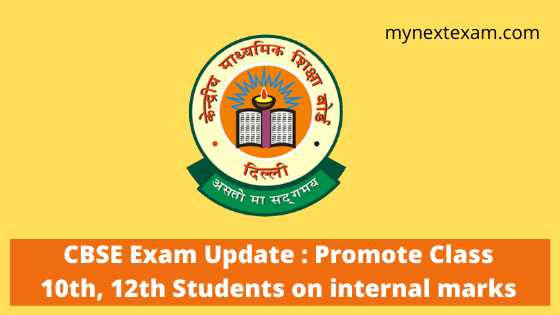This can be slightly confusing as which curriculum is appropriate for the kid. The notion of one size fitting all is not the best one when it comes to board selection. Choosing a curriculum is dependent on many factors including what aspirations the students have and these are inclusive of various goals. Admissions to various streams for higher education in India will depends on many factors. One of them may be from which board, one has done class 11 and 12. Following are the salient points discussed in favour of each board:
Central Board of Secondary Education (CBSE)
Pros: There are schools widely available under the CBSE curriculum. Standardized NCERT textbooks and standard of curriculum is in sync with entrance exams meant for colleges. CBSE allows all kinds of candidates even those that hail from schools that are non-affiliated. The board focuses largely on science and maths rather than on the language. It Is good for those relocating constantly and those aspiring to select the traditional medical/engineering route.
Cons: include lesser subjects in comparison to ICSE and a more theoretical approach. Focus is mainly on science and math. One has to choose streams instead of the individual subjects for class 11 and 12 like arts, commerce and science; and these streams cannot be changed once chosen.
Indian Council of Secondary Education (ICSE)
Pros: includes that a student can follow textbook of personal choice. The biggest pro is that it lays equal focus over science, arts and language and offers a myriad selection of the subjects. Favoured mainly by students that have a knack in applied knowledge rather tote learning.
Cons: It focuses more on the practical learning. ICSE, as compared to CBSE Is tougher and vast in terms of curriculum than other boards and has more subjects as well.
International Baccalaureate (IB)
This IB curriculum is quite popular worldwide and has three major sections called PYP that starts from KG to the fifth standard, program for middle years that is class six to ten and diploma program years which is from standard 11 to standard 12. There is freedom in learning and there are no textbooks prescribed besides curriculum focuses largely on humanities, arts, language and analytical skills. There is more focus on knowledge that is applied rather than tote learning and core DP comprises of knowledge theory and extended essays.
Cons: It is a new entrant in the educational scene of India and is not in accordance with exam content of local entrance. Is far more expensive compared to ICSE or CBSE schools. For any additional coaching tutors are hard to find besides private students cannot take exams.
International General Certificate of Secondary Education (IGCSE)
Pros: For classes nine and ten there is international curriculum. It is precursor to curriculum of IB in most international schools and offers large choices for subjects. Assessments are inclusive of oral and written exams besides the curriculum is application oriented Meant for those interested in pursuing under-graduation studies abroad and core subjects need to be picked by everyone.
Cons: You are hardly going to find any tutors for coaching you privately if you are a part of IGCSE and it also lacks the affordability factor in education.
Thus in conclusion, each board has its usefulness and the choice will depend on availability or choice. Nevertheless, the final outcomes of choice of Higher Education in India will depend on performance in the entrance exam for a course after class 12; a particular board may be helpful in preparing well for these Entrance Exams!
Also See : NEET 2021 Application Form, Exam Dates, Eligibility

















Leave a comment